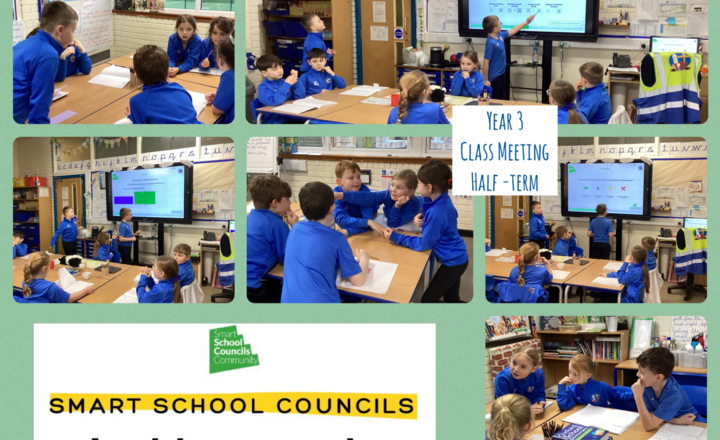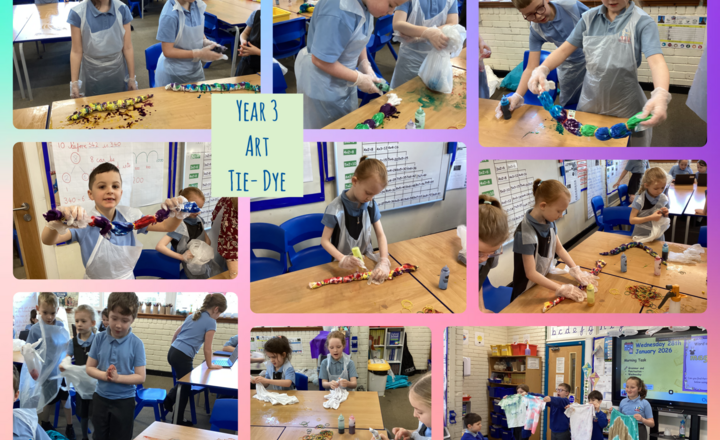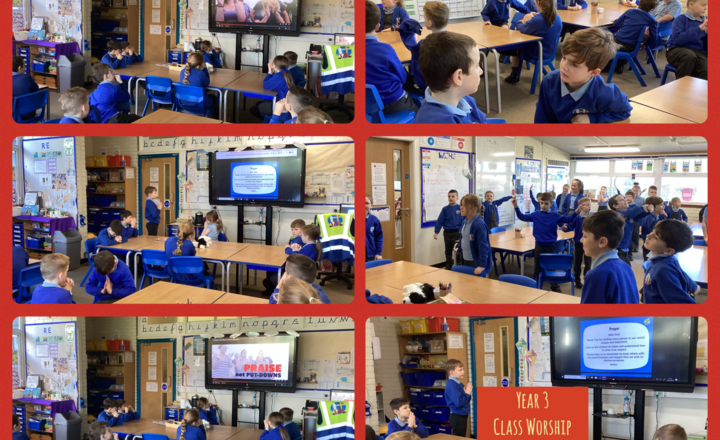Year 1 English: Writing an innovated story
Year 1 have been working extremely hard in English this week writing their innovated versions of ‘We’re Going On A Bear Hunt’. They are writing three innovated settings and they changed the character too. It has been tricky to remember all of their exclamation marks and full stops, but they have shown resilience and are almost finished with their stories. Well done Year 1!
Reception Maths - Composition using double dice frames
In today's Maths session, the children used double dice frames to explore the composition of numbers from 5 to 10. By filling one frame completely before starting the next, they practiced representing these values as "5 and a bit," such as seeing 7 as a full set of five plus two more. This approach helps children to move beyond simple counting, encouraging them to subitise and build a strong mental foundation for future addition and subtraction.
Year 2 - Art - Sketching our cuddly toys
We brought in cuddly toys from home and made sketches of them. We refined our initial sketches and used different pressures to vary the tones.
Year 1 PSHE: Fruit Kebabs
Year 1 had a brilliant time creating fruit kebabs today. We recapped healthy and unhealthy foods, the different food groups and how they help our bodies. It is recommended to eat 5 portions of fruit or vegetables a day and these kebabs helped us to reach that goal. They were also really yummy to eat!
Reception - Floating and Sinking
Today, our mini-scientists explored floating and sinking through a hands-on water workshop. The children made "best guesses" (predictions) about which objects would stay on top and which would drop to the bottom using the vocabulary floating and sinking. We tested a range of objects from metal spoons to Lego pieces. This activity helps children to understand the world around them by observing how different materials behave, encouraging them to think critically about why some large items float while small ones sink.
Year 5 - Music
Mr Hannon recapped the ideas from previous lessons, with a discussion of chords, triads and accompaniment. The lesson then introduced how to construct chords using specific hand positions to play the chords C, F and A minor within the song “Stay with Me” by Sam Smith. The children then created their own chord progressions and melodic improvisations.
Year 5 - Online Safety
Today we discussed the social media app WhatsApp, including what it is and how it can be used safely. WhatsApp is a popular way of sharing messages, videos and photos that many children use to keep in contact with friends and family. The app’s minimum age is 16 and we discussed how the privacy settings can be altered so that children can only interact with people in their contacts list. Other safety steps include turning off Live Location, blocking and leaving inappropriate chats as well as deleting mistaken messages.
Online Safety: Mental Health Misinformation Online
Who should young people trust for mental health advice online? From TikTok to Instagram, children and young people are turning to social media for support, but not all content is accurate or helpful. This week’s #WakeUpWednesday guide explores how mental health misinformation can mislead young people and shares practical ways adults can help them spot unreliable advice and build healthy, informed understanding. Download your FREE copy here >> https://vist.ly/4petr
Year 3- Class Meeting -Half term is almost here! What are you most looking forward to?
Half term is almost here, and during our class meeting today, Charlie led the discussion while Archie took notes. The children talked about what they are most looking forward to and voted on several options, including relaxing and having lie-ins, spending time with family, having fun with friends, or staying in school. The majority of the class voted for spending time with their family, while a smaller group chose having fun with friends.
Year 3- Art: Expressing Identity Through Tie-Dye
In Art today, Year 3 Artists took the next step in their creative journey by tie-dyeing their own T-shirts. Building on the mood boards they previously created—which showcased their unique personalities and interests- the children used those as a foundation to express their individuality through vibrant colours and patterns. We began by analysing last year’s examples to spark inspiration, then discussed how specific visual choices can represent who we are as individuals. While the shirts are currently sitting, the children are already super excited to wash and dry them tomorrow to see their final designs come to life.
Year 3- Class Worship-Respect in Action
In our Class Worship today, we explored the theme of "Respect in Action" by looking at recent news from the Football Association (FA). We discussed the FA’s review of behaviour in the sport, which aims to ensure matches are safe, fair, and enjoyable for everyone, players, referees, and fans alike. Linking this to our Christian value of Respect, we focused on The Golden Rule: treating others the way we wish to be treated. We looked at Matthew 7:12, which tells us that treating others with kindness sums up the Law and the Prophets. We debated big questions, such as whether respect must be earned or if everyone deserves it just for being human, and how we can remain respectful even when others are not. We concluded with a prayer, thanking God for making every person unique and asking for the wisdom to treat everyone with the kindness we wish to receive ourselves.
Year 2 Maths - Making equal groups
In Year 2, we have been learning to recognise equal groups and then we have moved on to making some equal groups of our own.
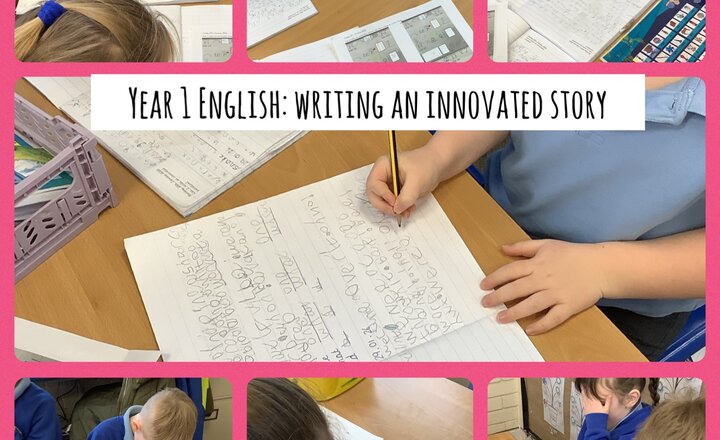
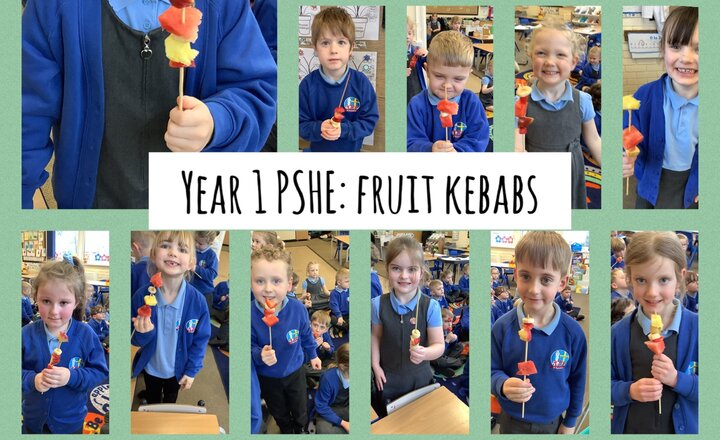
.jpeg)

.jpeg)
